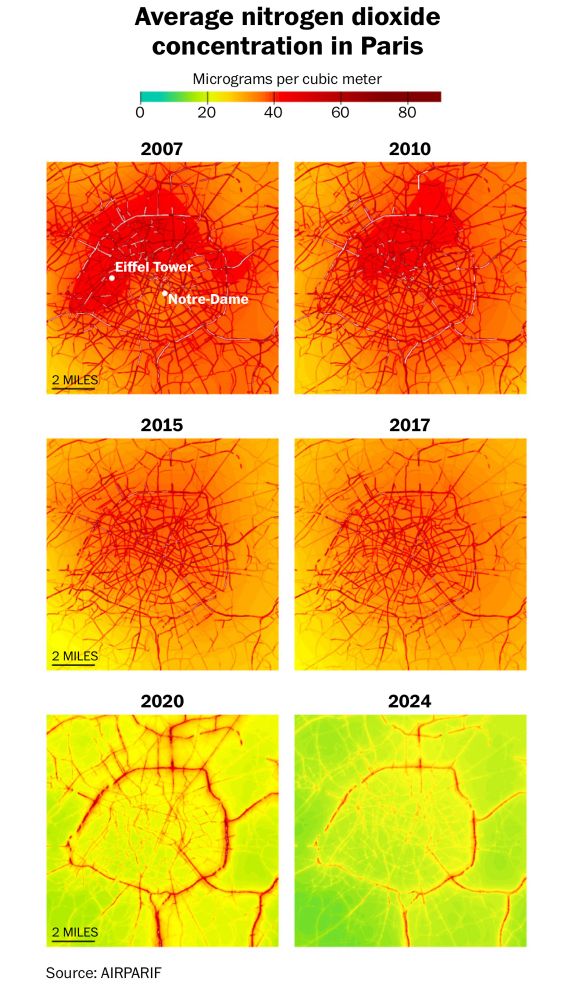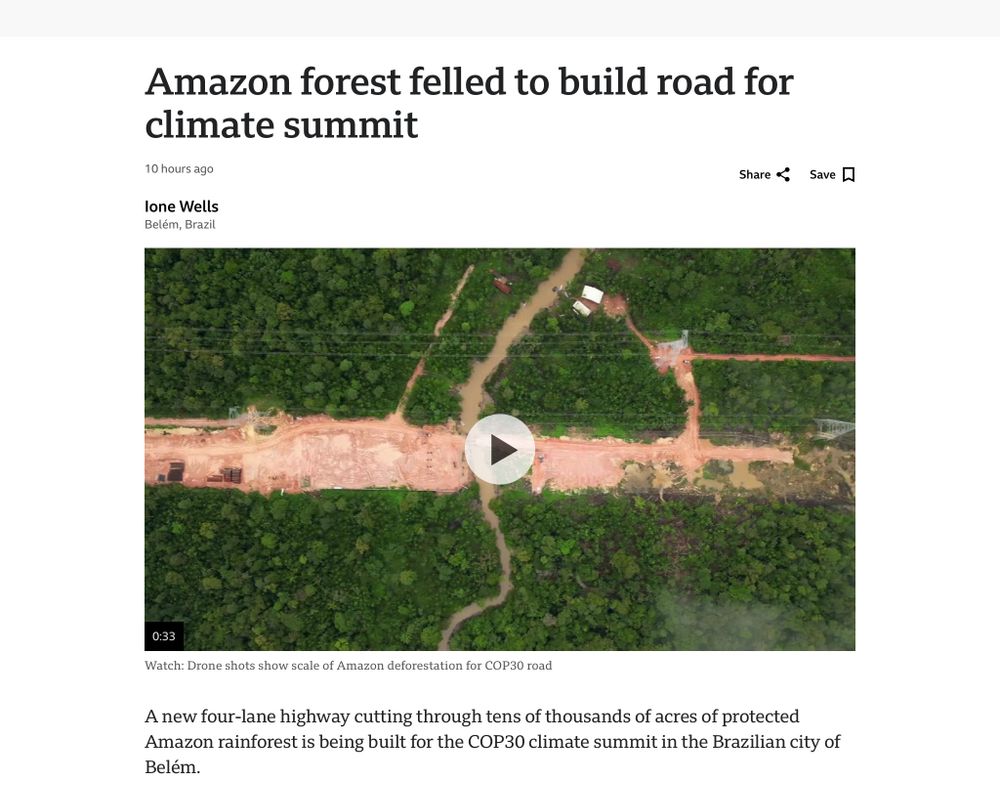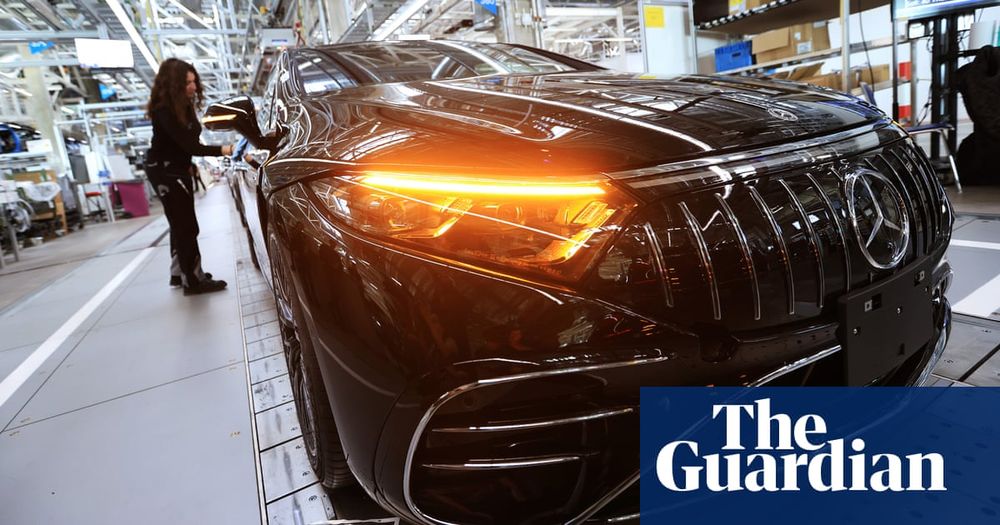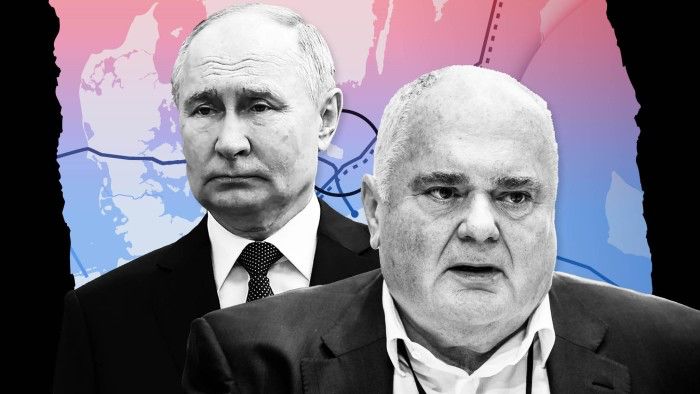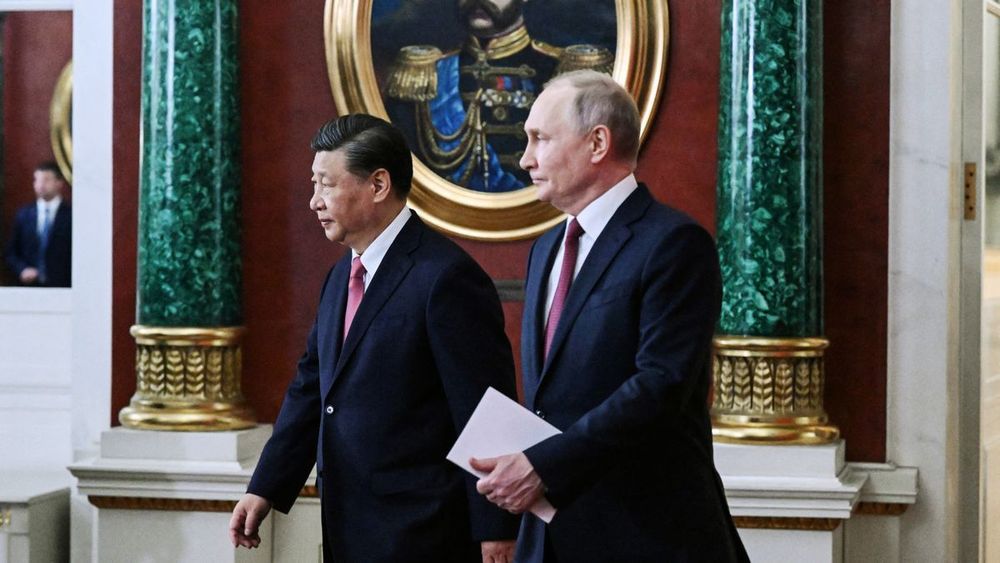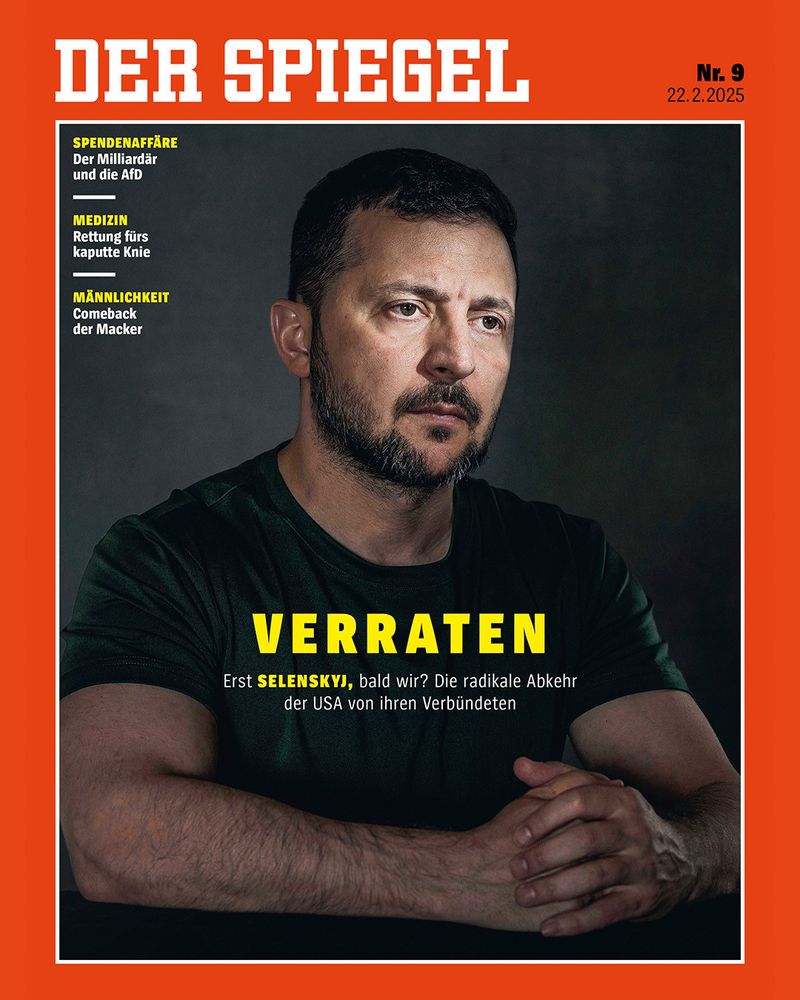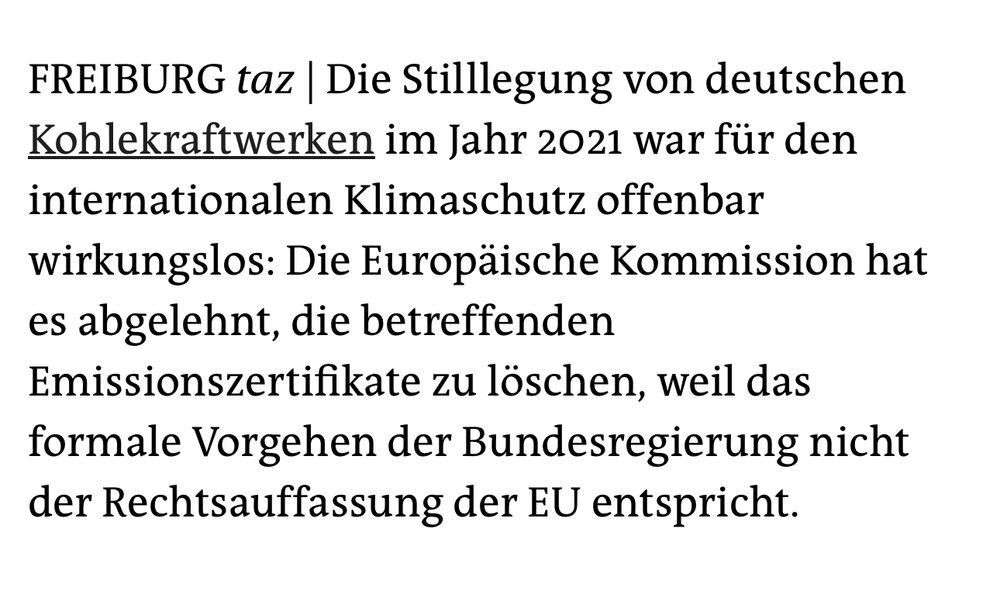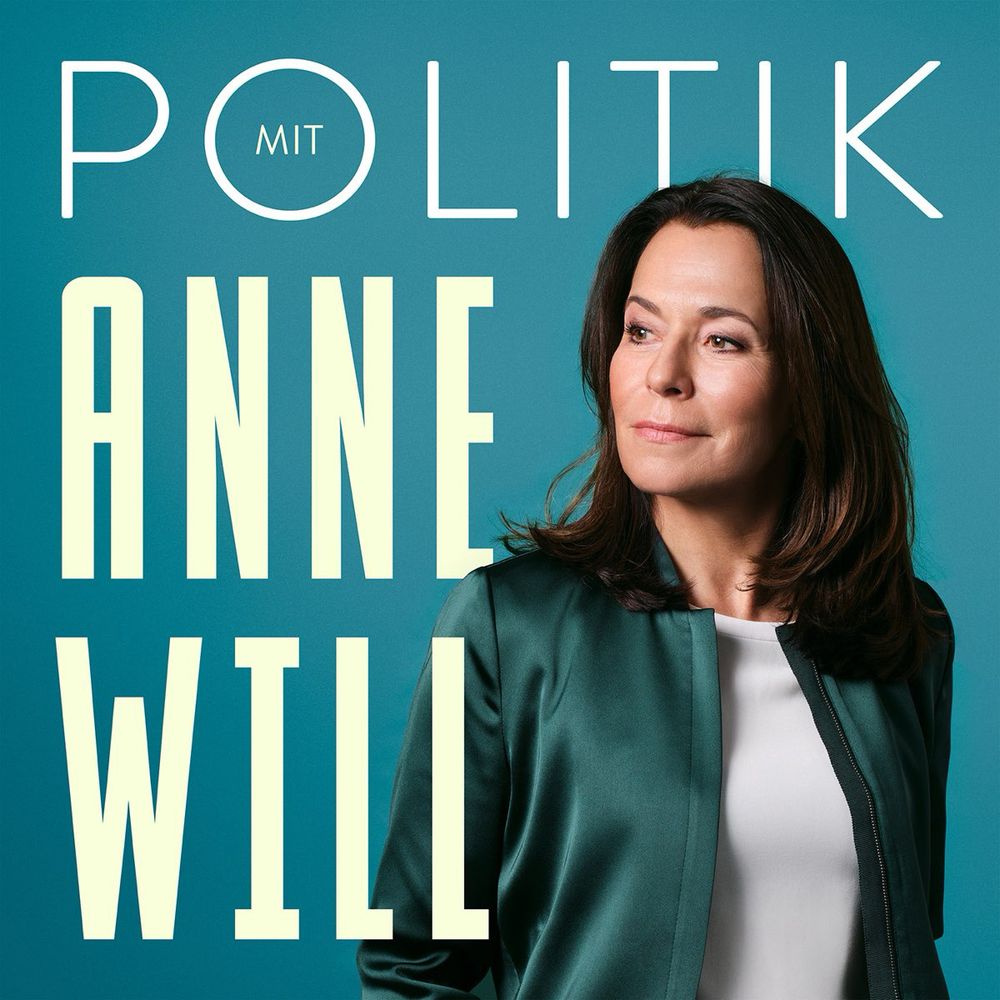Kurt Stukenberg
@kstukenberg.bsky.social
2.5K followers
560 following
200 posts
Außenpolitik, Klimakrise und Umwelt · Ressortleitung Ausland DER SPIEGEL · früher: https://bit.ly/4biZGFV ·„comment is free, facts are sacred“· 👉 spiegel.de/klimakrise
Profil: http://www.spiegel.de/impressum/autor-4affdf21-0001-0003-0000-000000026468
Posts
Media
Videos
Starter Packs
Kurt Stukenberg
@kstukenberg.bsky.social
· Jun 15
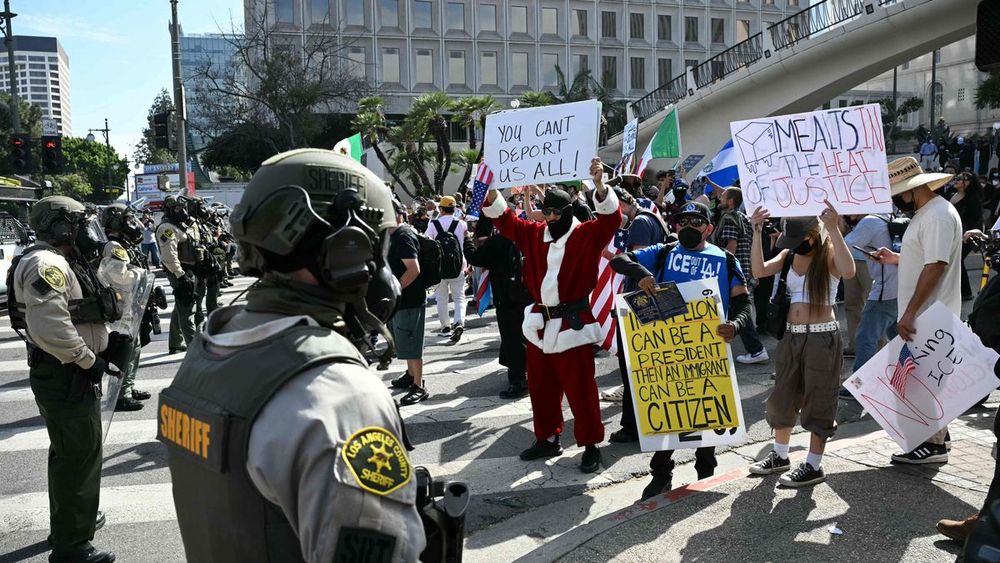
(S+) Anti-Trump-Proteste in den USA: Heute kein König
In Hunderten Städten und Gemeinden der USA gehen Menschen gegen Donald Trump auf die Straße. Allein in Los Angeles sind es 30.000. Eine Woche des Protests könnte das Land wachrütteln.
www.spiegel.de
Kurt Stukenberg
@kstukenberg.bsky.social
· Apr 12
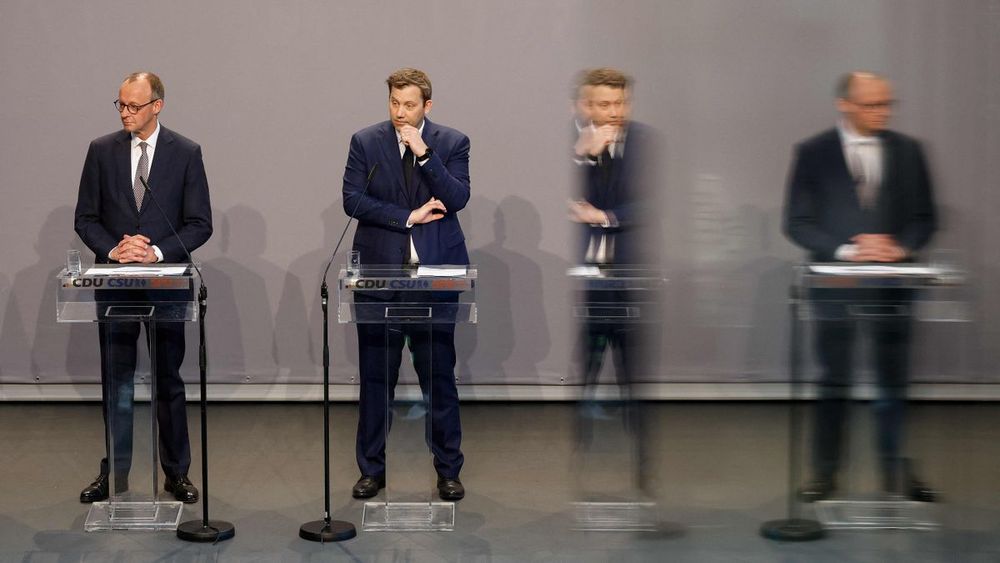
(S+) Koalitionsvertrag: Das bringt das Regierungsprogramm für den Klimaschutz
Die Herausforderungen beim Klimaschutz sind gewaltig. Dem Koalitionsvertrag merkt man an: Weder bei Union noch SPD hat das Thema Priorität. Was Hoffnung macht, was nicht.
www.spiegel.de
Reposted by Kurt Stukenberg
Wolf-Peter Schill
@wpschill.bsky.social
· Mar 22

(S+) Klimamilliarden für die neue Bundesregierung: Was kann man damit erreichen?
100 Milliarden Euro sind im neuen Investitionspaket für den Klimaschutz reserviert. Macht diese Summe einen Unterschied? Energiewende-Experte Wolf-Peter Schill sagt, welche Prioritäten eine Regierung ...
www.spiegel.de
Reposted by Kurt Stukenberg
John Hudson
@johnphudson.bsky.social
· Feb 28
Kurt Stukenberg
@kstukenberg.bsky.social
· Feb 28
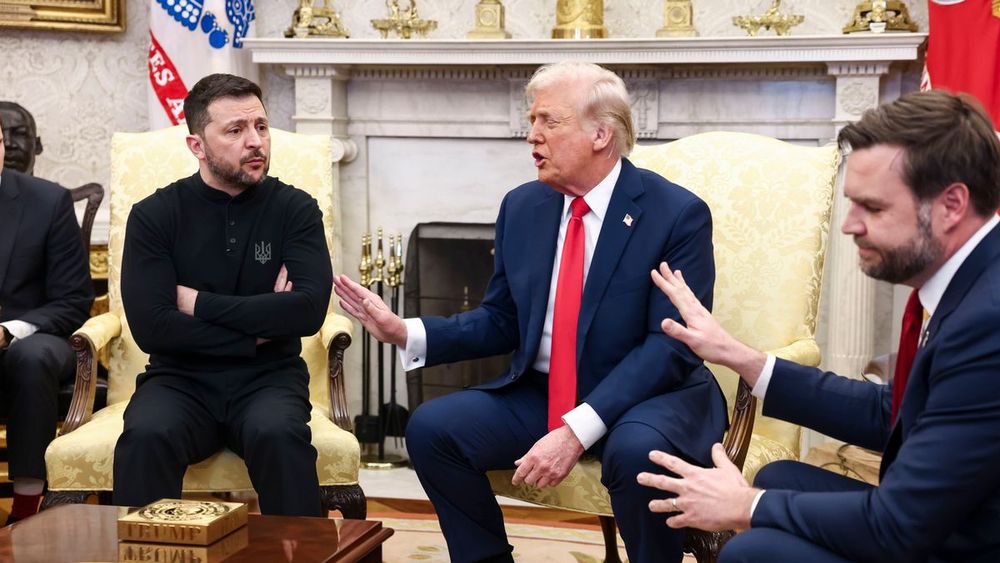
(S+) Eklat zwischen Trump und Selenskyj: Diplomatischer Abgrund im Oval Office
Nicht Argumente, sondern Emotionen haben zum Clash zwischen Wolodymyr Selenskyj und Donald Trump geführt. Der US-Präsident wird damit leben können. Doch die Folgen für Selenskyj und die Ukraine könnte...
www.spiegel.de
Kurt Stukenberg
@kstukenberg.bsky.social
· Feb 28
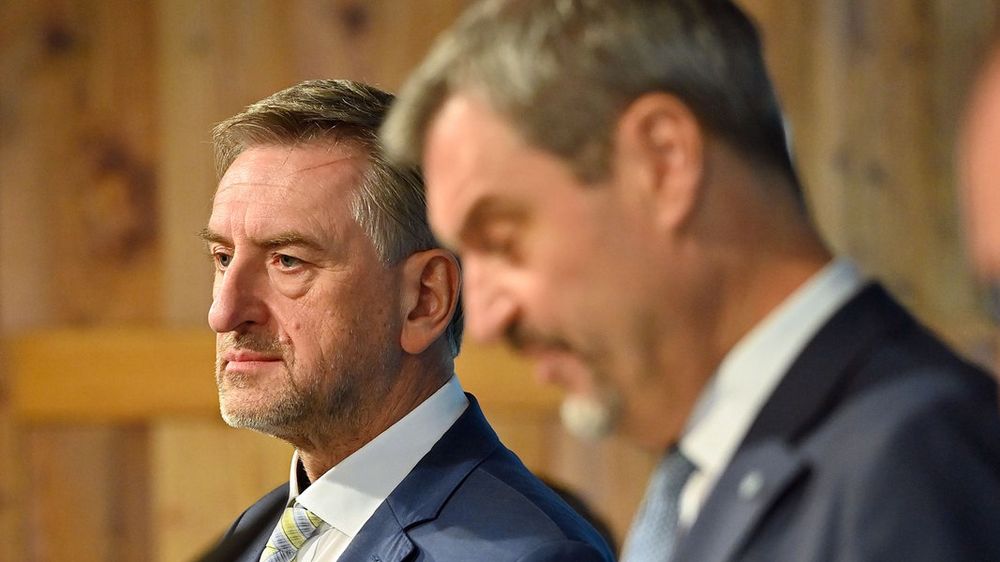
Neue Regierung: Söder will Bayerns Bauernpräsidenten als Agrarminister
CSU-Chef Söder erklärt bereits, wer aus seiner Sicht der neue Landwirtschaftsminister werden soll: Günther Felßner, Präsident des Bayerischen Bauernverbands. Doch nach Panorama-Recherchen stellt er wi...
www.ndr.de
Reposted by Kurt Stukenberg
Reposted by Kurt Stukenberg
Dave Vetter
@davidrvetter.bsky.social
· Feb 27

